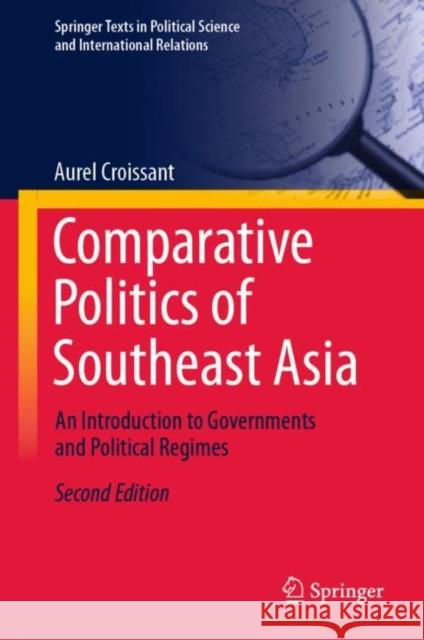Comparative Politics of Southeast Asia: An Introduction to Governments and Political Regimes » książka
topmenu
Comparative Politics of Southeast Asia: An Introduction to Governments and Political Regimes
ISBN-13: 9783031051135 / Angielski / Twarda / 2022 / 546 str.
Comparative Politics of Southeast Asia: An Introduction to Governments and Political Regimes
ISBN-13: 9783031051135 / Angielski / Twarda / 2022 / 546 str.
cena 100,60
(netto: 95,81 VAT: 5%)
Najniższa cena z 30 dni: 100,37
(netto: 95,81 VAT: 5%)
Najniższa cena z 30 dni: 100,37
Termin realizacji zamówienia:
ok. 8-10 dni roboczych.
ok. 8-10 dni roboczych.
Darmowa dostawa!
Kategorie BISAC:
Wydawca:
Springer International Publishing AG
Seria wydawnicza:
Język:
Angielski
ISBN-13:
9783031051135
Rok wydania:
2022
Ilość stron:
546
Wymiary:
23.5 x 15.5
Oprawa:
Twarda
Dodatkowe informacje:
Wydanie ilustrowane











